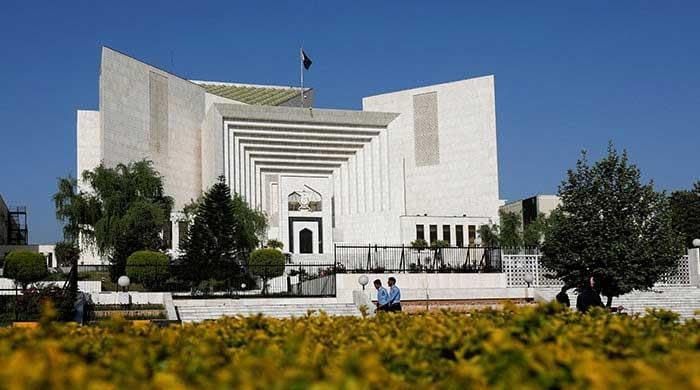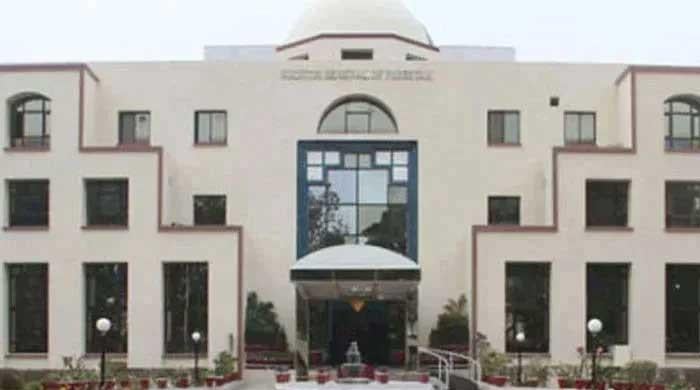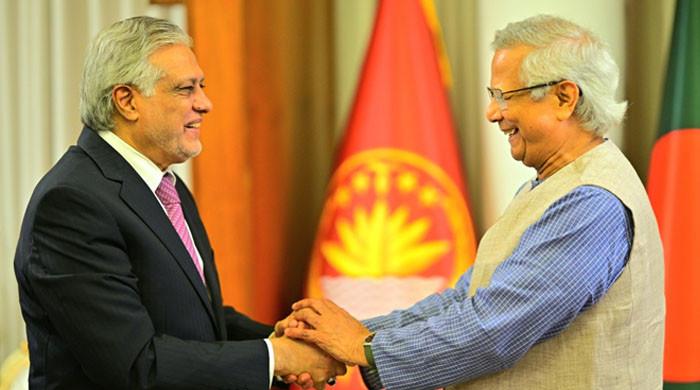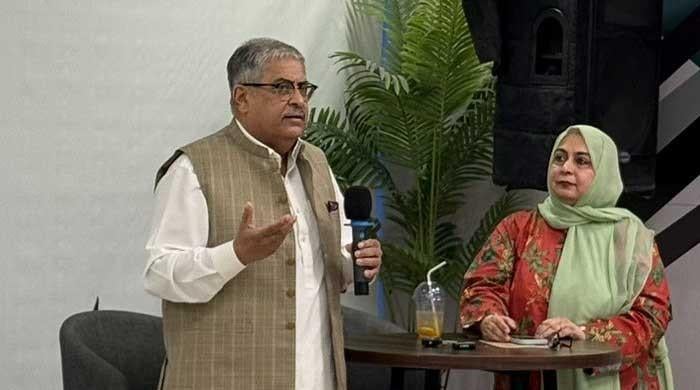Great Debate: Malik hits out at profit-driven elites for compounding flood disaster
Climate minister admits that Pakistan’s early flood warning system remains incomplete to date
August 25, 2025
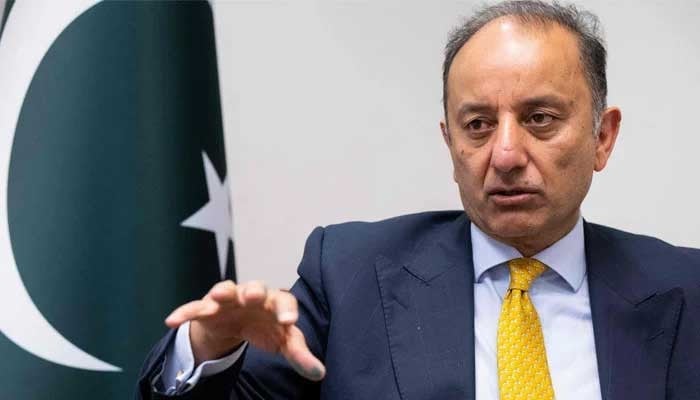
- Mayor of Karachi blames encroachments for urban flooding.
- Climate expert stresses better data for improved forecasting.
- Urban planning professor laments money-fuelled development.
Federal Minister for Climate Change and Environmental Coordination, Musadik Malik, has said that some of the most powerful people in the country have built hotels right in the paths of rivers, making floods even more destructive.
“The unfortunate part is that those granting them NOCs (no-objection certificates) are also from among us,” he remarked during Geo News’ Naya Pakistan programme, which hosted a wide-ranging debate on climate change, floods and governance failures.
Malik admitted that "Pakistan’s early warning system remains incomplete."
He said work began in 2017 with a plan to install 300 systems, but by the time he took office, only 12 were in place.
Forecasting the weather with complete accuracy is impossible, he added, stressing that only forests can slow the force of floodwaters.
Karachi Mayor Murtaza Wahab told the debate that planting trees was not enough; they needed care to survive.
He said encroachments on natural waterways were one of the main reasons behind the city’s flooding, adding: “Nature always reclaims its own paths.”
He also criticised the Pakistan Meteorological Department (PMD), noting that it had predicted a decrease in rainfall for August 19, but the opposite occurred.
“In the past 90 years, we have never seen this much rain in August,” he said.
Climate expert Dr Imran Ahmed said better data could improve forecasting.
He recalled that 27 sites in Karachi had been identified for recharge wells, which could help absorb stormwater into the ground.
Meteorologist Ali Tauqeer Sheikh noted: “Pakistan no longer faces only river floods but urban floods too, yet continues to treat trees only as timber.”
Water resources specialist Muhammad Mehr Ali Shah warned that extreme weather events, which were once rare, were now happening regularly.
“Pakistan has already lost water equal to the storage capacity of the Tarbela and Mangla dams.
“We cannot stop global warming, but we must ensure people do not live permanently in high-risk zones,” he cautioned.
Urban planning professor Nausheen Anwar said profit-driven development had overshadowed proper planning.
“Climate change is a challenge, but our mismanagement is an equally big problem,” she said, pointing to serious weaknesses in the way Pakistan’s cities are being built and managed.
Prime Minister Shehbaz Sharif has recently announced a nationwide crackdown to curb construction along rivers, streams, and other natural waterways, as the death toll from weeks of flooding climbed to 788 by August 24.
Experts have been warning for many years that unchecked riverbed mining, illegal logging, and building structures on flood channels disrupt fragile ecosystems, choke drainage paths and make heavy rains and the resultant floods far more destructive.
Last month, authorities in Gilgit-Baltistan, a region with more than 13,000 glaciers, barred the construction of new hotels near lakes in an effort to limit damage.
Since June 26, torrential rains and floods have battered large parts of the country, with Khyber Pakhtunkhwa suffering the worst losses.
The province has reported 469 deaths. Punjab has recorded 165, Sindh 54, Gilgit-Baltistan 45, Balochistan 24, and Azad Kashmir 23. Islamabad has reported eight fatalities.
Pakistan Meteorological Department has warned that the monsoon spell, likely to last through September 10, could bring floods on the same scale as the disaster of 2010.
Back then, whole districts went under, while in 2022, heavy summer rains coinciding with fast-melting glaciers unleashed massive flash floods that submerged nearly a third of the country.
More than 1,700 people lost their lives as a result, and damages crossed $30 billion, according to official estimates.
Pakistan adds less than 1% to global greenhouse gases. Still, it sits among the countries most exposed to climate change and its fallout.




